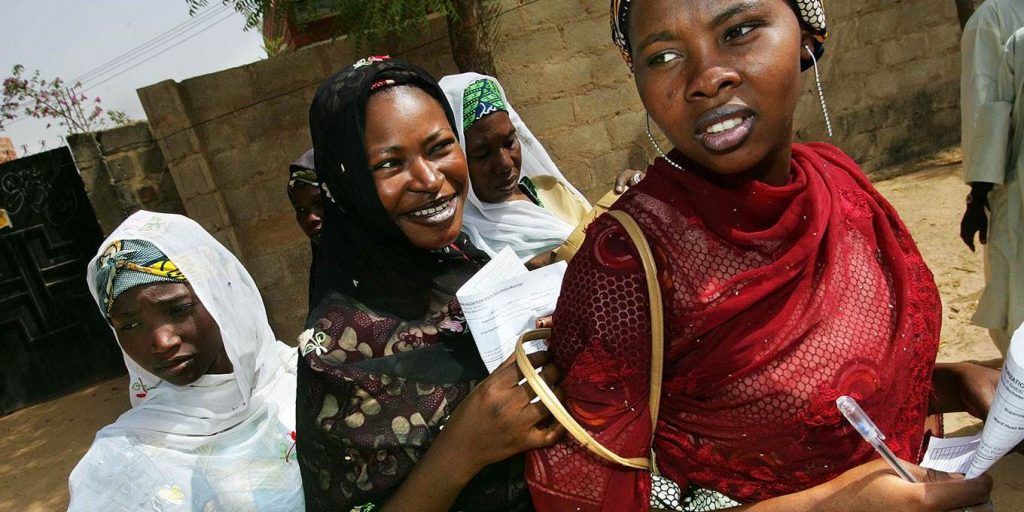Financial inclusion is a proven pathway to improving people’s health, especially the health of women in developing countries. To capitalize on this synergy, efforts to bring digital banking solutions to Africa’s poorest should be combined with programs that aim to expand e-health care on the continent.
ACCRA – In late October, the World Health Organization’s Regional Office for Africa signed an agreement with the United Nations International Telecommunication Union (ITU). The aim of the unlikely partnership is to encourage the use of digital services “to save lives and improve people’s health.” But perhaps the pact’s most innovative feature is the vow to merge financial inclusion strategies with modern health-care delivery.
Financial inclusion is a proven pathway to improving people’s health, especially the health of women in developing countries. Women who can easily access bank accounts or cash payment options tend to invest more in their businesses and families. In turn, they live healthier, more satisfying lives.
Yet, too often, initiatives like the one signed in October focus on one or the other – e-health or financial products like insurance. Because Africans’ ability to earn and save money can be the difference between good care and no care at all, this represents a missed opportunity to help patients and build more resilient communities.

